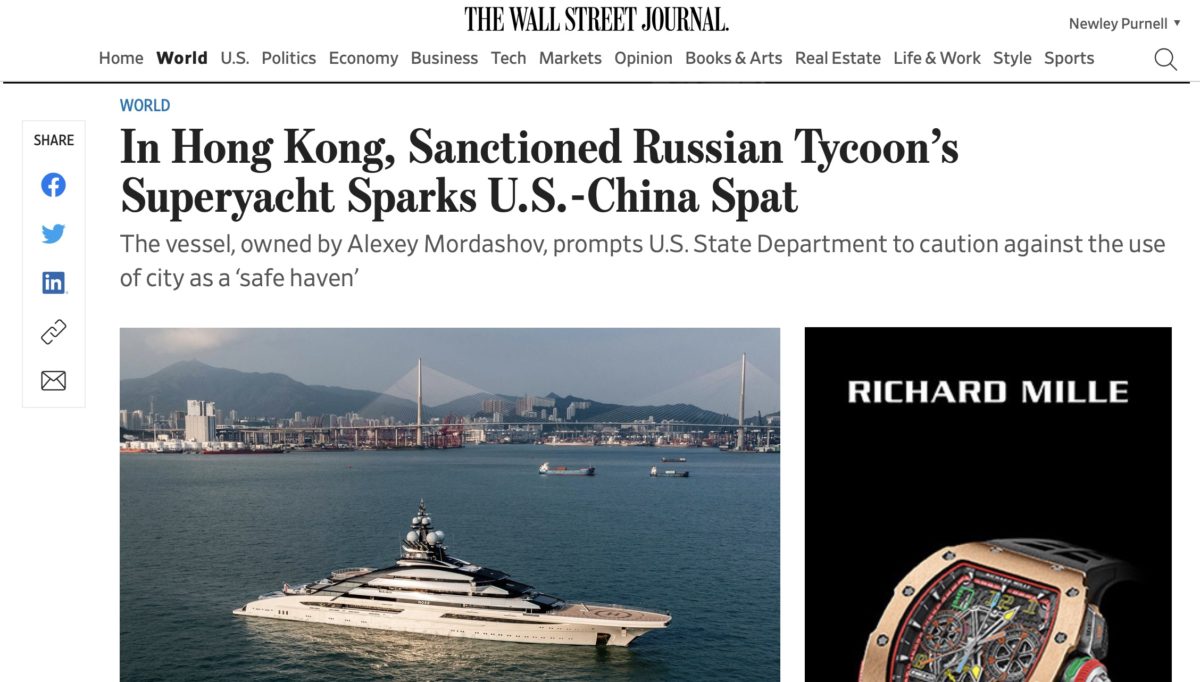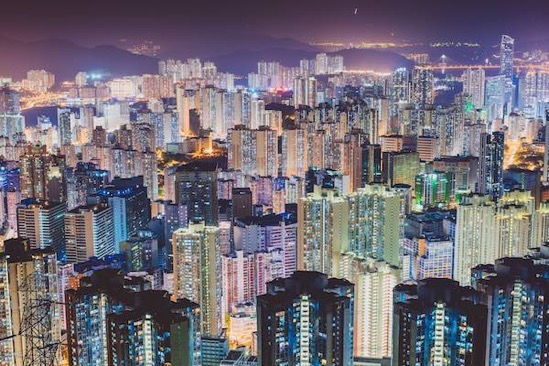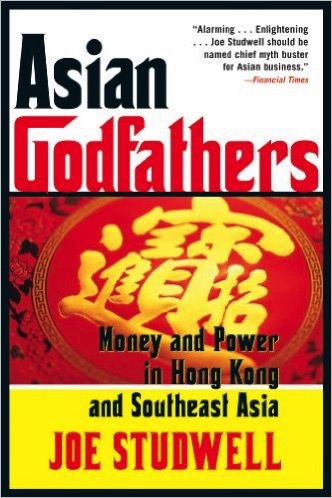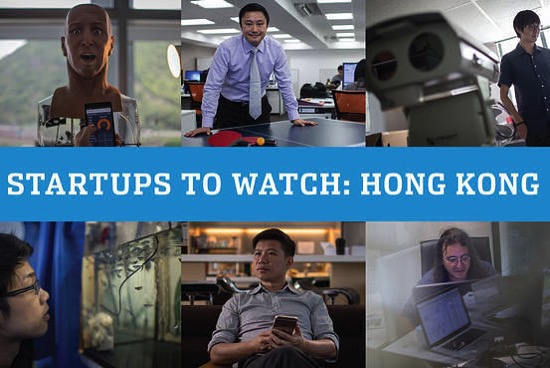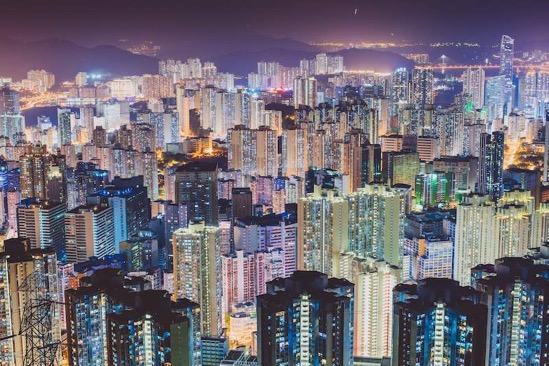
Photo by Joseph Chan on Unsplash
👋 Hi, friends. Welcome to the latest edition of Newley’s Notes, a weekly newsletter containing my recent Wall Street Journal stories, must-read links on tech and life, and funny dog videos.
📬 Not a subscriber yet? Get it here.
🇭🇰 A big story this week: After several months of protests in Hong Kong, the unrest is escalating.
Here’s what’s up:
😷 As my WSJ colleagues report, the government on Friday enacted British colonial-era emergency measures – for the first time in 52 years – to try to prevent protesters from wearing masks (allowing them to conceal their identities).
That evening demonstrators once again:
After the law was announced, lawlessness returned in many districts around the city as clashes broke out between police and protesters. Demonstrators set fires outside subway entrances and vandalized Chinese banks, while police fired volleys of tear gas in several areas.
The city’s subway operator, MTR Corp. , in explaining the shutdown, cited destruction and arson in multiple stations and said some of its staff had been injured. A 14-year-old boy was shot in the leg by police in the northern district of Yuen Long, local media reported.
The demonstrations continued over the weekend, with the subway, banks, shopping malls and stores closed.
For a big picture look at why this all matters – apart from the human toll, of course – I suggest this WSJ story: For China’s Xi, the Hong Kong Crisis Is Personal.
The unrest has divided Hong Kong’s seven million people and undermined its role as a politically stable international financial center and conduit for capital in and out of China. It has damaged the “one country, two systems” formula that allowed the city to retain many freedoms after Chinese rule was restored in 1997."
What comes next? Watch this space…
Here are ten items worth your time this week:
🗣️ 1) All Hands on Deck [The Verge]
“In two hours of leaked audio, Mark Zuckerberg rallies Facebook employees against critics, competitors, and the US government.”
Here’s the full transcript.
💻 2) Microsoft debuts latest Surfaces, previews dual-screen models [Axios]
“Microsoft updated its Surface laptops and 2-in–1 tablet/laptop hybrid devices on Wednesday, while also previewing two foldable dual-screen devices due out next year.”
💰 3) Shot: TikTok’s owner had $7 billion in revenue for the first half of the year [CNBC/Reuters]
“ByteDance, which was loss-making in the first-half, also posted a profit in June and was confident of making a profit in the second half of the year…”
🇨🇳 4) Chaser: “This is peak China 2019” [Twitter: @mbrennanchina]
“Eating crabs ordered on your phone and delivered to your door in half an hour while scrolling through TikTok videos using the inbuilt gesture control on a Huawei phone.”
🖐️ 5) Ready, text, go: typing speeds on mobiles rival keyboard users [The Guardian]
"People who tapped out messages with a single finger managed on average only 29 words per minute (wpm), but those who mastered the two-thumb technique hit a blistering 38wpm, only 25% slower than an average typer on a full-sized Qwerty keyboard.
🤔 6) Is Boris Johnson really trying to game Google search results? [Wired]
“One theory is that Johnson is trying to downplay negative news coverage of events by seeding news stories into Google search results by using similar phrases and key terms that are more positive.”
🗳️ 7) How A Big Enough News Story — Like Impeachment — Could Warp The Polls [FiveThirtyEight]
“If partisans on one side of a political question respond to a survey more readily than partisans on the other side, you can get a polling error. ”
🌆 8) Video: Airview of color Beijing, 1949, by USSR journalist… [Twitter: @Tongbingxue]
💯 9) Gary Laderman, religion professor at my alma mater, Emory University: Why I’m Easy: On Giving Lots of A’s [Chronicle of Higher Education] (Thanks, Miles!)
“The best compliment I have ever received was from a pre-business Korean student who somehow managed to take three of my courses. I asked for an honest take on my reputation, and he told me: ‘Your classes are the easiest, but I also learn the most.’”
🐕 🎷10) Video: dog sings along with saxophonist. [Facebook/Gloria Jurado]
“Las maravillas de la música y nuestro mejor amigo.” (“The wonders of music and our best friend.”)
📖 Book I’m Currently Reading
“The Billionaire Raj: A Journey Through India’s New Gilded Age,” by James Crabtree. Almost finished. Savoring every page. This will be on my list of must-read India books for sure when folks ask for recommendations.
💡 Quote of the week:
“Truth – more precisely, an accurate understanding of reality – is the essential foundation for producing good outcomes.” – Ray Dalio
Thanks for reading. If you like Newley’s Notes, please forward it to a friend or share it on Twitter or Facebook using the links below.
👊 Fist bump from New Delhi,
Newley
